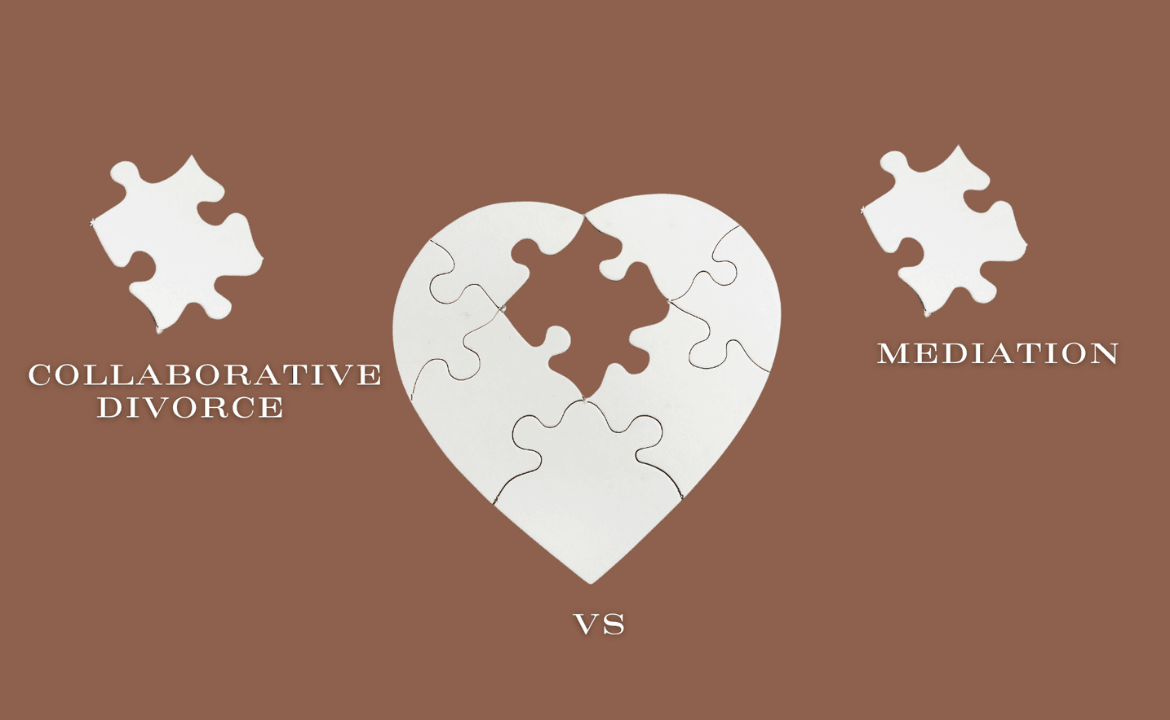Divorce & Family Law Summary
U.S. Divorce Laws are enacted by each state using their respective legislative process. Once legislation is enacted, the divorce courts in New Hampshire have the authority to manage the divorce proceedings, including spousal support and child support payments, custodial rights of parents, and the division of property.
Since state laws are repealed and amended frequently, it is always advisable to consult an experienced divorce lawyer before making important decisions about your marriage.
All states allow for “no-fault” divorce. Yet many courts still factor in the respective parties’ past behavior when determining the division of community property, debts, custody, support, and related issues.
Read our expanded article on the divorce process for a deeper and more realistic understanding of the challenges you’re likely to face.
Residency Requirements
Both parties must be domiciled in the state when the action is commenced, and the filing spouse must be a resident for at least one year. All divorce petitions shall be brought in the county in which either party lives and before the superior court of that county.
Legal Grounds For Divorce
Divorce may be granted on the following grounds:
- No-Fault – Irreconcilable differences that have caused the irremediable breakdown of the marriage.
- Fault – A divorce from the bonds of matrimony shall be decreed in favor of the innocent party for any of the following causes:
- The impotence of either party.
- Adultery of either party.
- Extreme cruelty, including domestic violence.
- Conviction of either party, in any state or federal district, of a crime punishable with imprisonment for more than one year and actual imprisonment under such conviction.
- When either party has so treated the other as seriously to injure health or endanger reason.
- When either party has been absent and has not been heard of for two years together.
- When either party is a habitual drunkard and has been such for two years together.
- When either party has joined any religious sect or society that professes to believe the relation of husband and wife unlawful and has refused to cohabit with the other for six months together.
- When either party, without sufficient cause and the consent of the other, has abandoned and refused, for two years together, to cohabit with the other.
Legal Separation
In any case in which a divorce might be decreed, the superior court, on the petition of either party, may decree a legal separation of the parties, which separation shall have in all respects the effect of a divorce, except that the parties shall not thereby be made free to marry any third person and except as hereinafter provided.
A person concerning whom a legal separation has been decreed may file a motion to amend the decree to one of divorce.
Mediation and Information Counseling
In the event of any action, the court shall require the parties to attend a four-hour information session no later than the respondent’s filing of an appearance.
This session shall be a seminar on how to help the children deal with the issues surrounding divorce, separation, and the allocation of parental rights and responsibilities.
In all cases involving disputed parental rights and responsibilities or grandparents’ visitation rights, including requests to modify prior orders, the court may order the parties to participate in mediation.
Rehabilitation of Marriage
Whenever, before or during a hearing but before a final decree, the court shall determine that there is a likelihood for rehabilitation of the marriage relationship, the court shall refer the parties to an appropriate counseling agency within its jurisdiction, which referral may be made according to RSA 167-B or as the parties request, with the approval of the court.
If the court determines a reasonable possibility of reconciliation, the court shall continue the proceedings and require that both parties submit to marriage counseling.
Property Division
New Hampshire is an equitable distribution state, meaning the court tries to distribute property equitably between the parties.
The court shall presume that an equal division is an equitable distribution of property unless the court determines it would not be appropriate or fair considering the following factors:
- The duration of the marriage.
- The age, health, social or economic status, occupation, vocational skills, employability, separate property, amount and sources of income, needs, and liabilities of each party.
- The opportunity of each party for future acquisition of capital assets and income.
- The ability of the custodial parent, if any, to engage in gainful employment without substantially interfering with the interests of any minor children in the custody of the said party.
- The need of the custodial parent, if any, to occupy or own the marital residence and to use or own its household effects.
- The actions of either party during the marriage contributed to the growth or diminution in the value of property owned by either or both of the parties.
- Significant disparity between the parties concerning contributions to the marriage, including contributions to the care and education of the children and the care and management of the home.
- Any direct or indirect contribution made by one party to help educate or develop the career or employability of the other party and any interruption of either party’s educational or personal career opportunities for the benefit of the other’s occupation or the use of the parties’ marriage or children.
- The expectation of pension or retirement rights acquired before or during the marriage.
- The tax consequences for each party.
- The value of a property allocated by a valid prenuptial contract is made in good faith by the parties.
Alimony and Spousal Support
Upon motion of either party for alimony payments, the court shall make orders for the payment of alimony to the party in need of alimony, either temporary or permanent, for a definite or indefinite period if the motion for alimony payments is made within five years of the decree of nullity or divorce and the court finds that:
- The party in need lacks sufficient income, property, or both, including property to provide for such party’s reasonable needs, taking into account the style of living to which the parties have become accustomed during the marriage;
- The party from whom alimony is sought can meet reasonable needs while meeting those of the party seeking alimony, taking into account the style of living to which the parties have become accustomed during the marriage;
- The party in need cannot be self-supporting through appropriate employment at a standard of living that meets reasonable needs or is allocated parental rights and responsibilities for a child of the parties whose condition or circumstances make it appropriate that the parent not seek employment outside the home.
- In determining the amount of alimony, the court shall consider the length of the marriage; the age, health, social or economic status, occupation, amount and sources of income, the property awarded in the divorce settlement, vocational skills, employability, estate, liabilities, and needs of each of the parties; the opportunity of each for future acquisition of capital assets and income; the fault of either party; and the federal tax consequences of the order.
Spouses Legal Name
In any proceeding under this chapter, except an action for legal separation, the court may, when a decree of divorce or nullity is made, restore a former name of the spouse, regardless of whether a request, therefore, had been included in the petition. The name change can also be accomplished after the divorce proceedings.
Child Custody
In determining parental rights and responsibilities, including residential responsibility, the court shall not apply a preference for one parent over the other because of the child’s sex, the sex of a parent, or the financial resources.
The court shall be guided by the child’s best interests in determining parental rights and responsibilities. It shall consider the following factors:
- The child’s relationship with each parent and the ability of each parent to provide the child with nurture, love, affection, and guidance.
- The ability of each parent to ensure that the child receives adequate food, clothing, shelter, medical care, and a safe environment.
- The child’s developmental needs and the ability of each parent to meet them, both in the present and future.
- The quality of the child’s adjustment to the child’s school and community and the potential effect of any change.
- The ability and disposition of each parent to foster a positive relationship and frequent and continuing physical, written, and telephonic contact with the other parent, except where contact will harm the child or a parent.
- Each parent’s support for the child’s contact with the other parent is shown by allowing and promoting such contact.
- Each parent’s support for the child’s relationship with the other parent.
- The child’s relationship with any other person may significantly affect the child.
- The ability of the parents to communicate, cooperate, and make joint decisions concerning the children.
- If a parent is incarcerated, the reason for and the length of the incarceration, and any unique issues that arise as a result of imprisonment.
- Any other additional factors the court deems relevant.
Judicial Standard
Clear and Convincing Evidence
Suppose the court finds that a minor child is sufficiently mature enough to make a sound judgment using clear and convincing evidence. In that case, the court may give substantial weight to the preference of the mature little child as to the determination of parental rights and responsibilities.
Under these circumstances, the court shall also consider other factors that may have affected the minor child’s preference, including whether the little child’s preference was based on undesirable or improper influences.
Child Support
Both parents are responsible for the economic support of the children, and the percentage of net income paid for child support should vary according to the number of children and, with limited exemptions, not according to income level, as determined by the New Hampshire child support guidelines.
The amount of child support obligation shall remain as stated in the order until all dependent children for whom support is ordered terminate their high school education or reach 18, whichever is later, become married, or become members of the armed services.
The child support obligation, including all educational support obligations, terminates without further legal action.
New Hampshire Division of Child Support
129 Pleasant Street
Concord, New Hampshire 03301-8711
Office: (800) 852-3345 (In-State only)
Office: (603) 271-4427
Fax: (603) 271-4787
Same-Sex Divorce
On June 26, 2015, the U.S. Supreme Court ruled that gay marriage is a right protected by the U.S. Constitution in all 50 states. It follows, therefore, that the rights and obligations between same-sex divorcing parties are subject to the same dissolution laws of that state. Reference: U.S. Supreme Court Opinion: Obergefell v. Hodges. (For more information, visit ProCon.org).






































